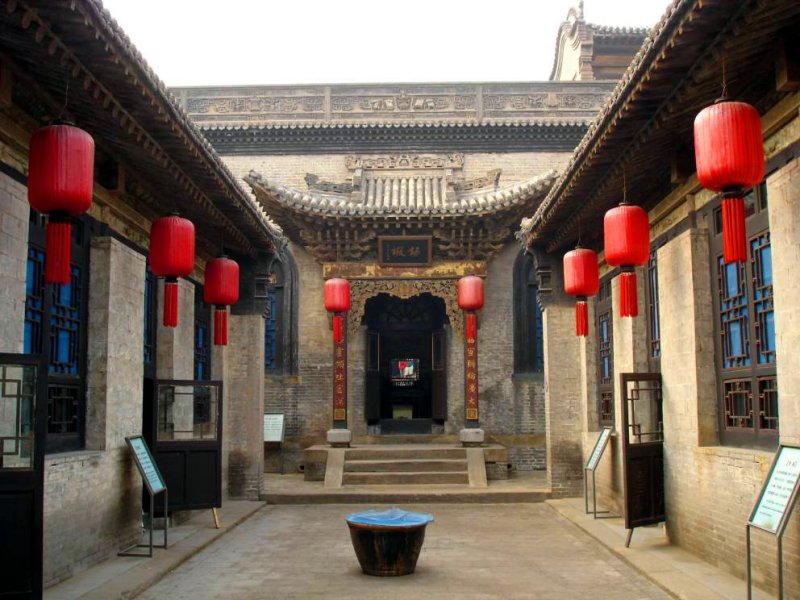RAISE THE RED LANTERN (大红灯笼高高挂) is a 1991 film directed by Zhang Yimou, whose career as director started with the extraordinary Red Sorghum (1987). As part of the Fifth Generation of Chinese filmmakers he is responsible of the rise of Chinese film industry to world awareness. After various “misunderstandings” with the political authorities of the country he is devoted since the last decade or so to gigantic budget movies to fuel the nationalistic needs of China. That means either elevate the old Hong Kong B-movies to mainstream expression of Chinese identity or weeping for how bad they were thrashed by the Japanese in WWII. If you thought Hollywood movies were chauvinistic, think again.
But there is still a place for uniqueness, and there is where this film is transporting us. Raise the Red Lantern is the story of a wife caged in a wealthy man’s house. And by house we have to understand the real old style home for a family and servants; some 300 rooms. With this plot, we are forcibly confined through the seasons inside the architecture of this household, which is a remarkable example of traditional Chinese courtyard. Yimou makes use of the scenery to show how different activities were carried in the house; whether private, inside; public, in the courtyard; sneaky, around the borders and rooftops. The semiology of the gate, also omnipresent in Chinese architecture, has also its rites.
 |
| One of the courtyards at Qiao's compound where the film was shot. |
The film was shot on location inside Qiao Family compound. The courtyard layout, the most developed strategy for a house, is well spread in China. The hutongs of Beijing were on the verge of extinction but now they are becoming sought for. But the compound (in Chinese daiyuan, “grand courtyard”) is of a different category. It is the amalgam of dozens and even hundreds of courtyards and buildings, to house and entire extended family (up to cousins in several degrees with their own families), employees, goods and visits. Qiao’s compound is located in the province of Shanxi, and is a part of many others in this region. They were situated at the entrance of China, where the Silk Road ended, and where these families make fortune. After the war and the Cultural Revolution the families were dispossessed and they disbanded. Some of them meet on a regular basis.
 |
| Old street in Pingyao. |
So because of this film, instead of going to Xi’an, to look at terracotta figurines I can see anywhere, I hired a van (with driver) in Beijing, drove west for a ridiculous price, visiting Wutaishan, one of the most sacred Buddhist sites (where I slept) and then arriving the next day at Pigyao. Crossing through the gates of Pingyao was one of the most mesmerizing experiences, mainly because after all the socialist architecture outside I didn’t expect that degree of preservation. I stayed at the Yide hotel, where I met Europeans that come back almost yearly. You sleep on a traditional bed, in a room giving to a courtyard… with red lanterns. The food in the hotel and the city are wonderful. You are not treated as a cash dispenser like in Beijing or Shanghai; you are almost an attraction. Unfortunately in higher season is overcrowded and that is getting the city damaged. Chinese tourists move as they are, in millions. From Pingyao you can schedule visits to the compounds you like, with local guides speaking English. One of the best experiences that you can have discovering architecture, especially making the trip on the road, not the highway, so you can see the fields, the mines, the cities and what is life outside the touristic places.
Further information:
Robert Ebert article in the Chicago Sun Times
Qiao Family compound
Wang Family compound
Pingyao city
Yide hotel, Pingyao
View Larger Map
